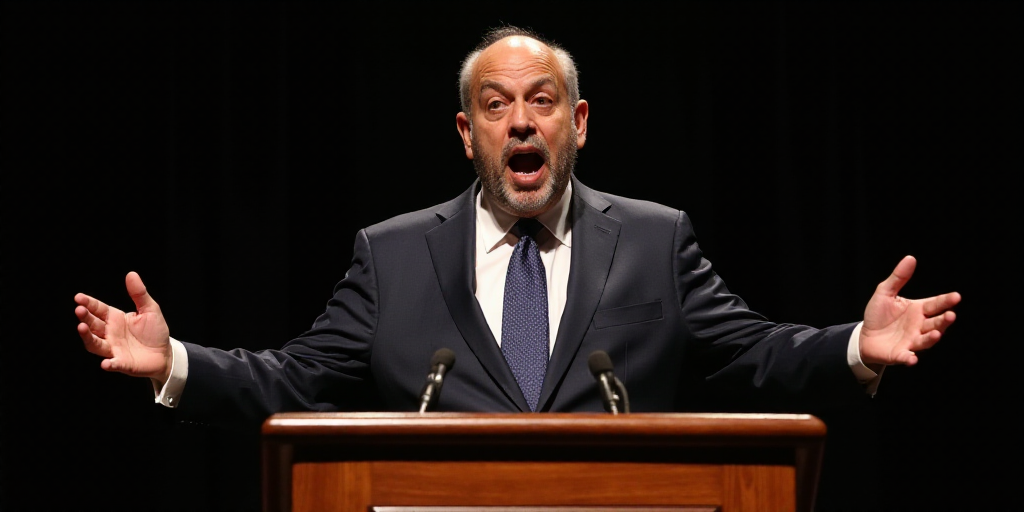Background on Benjamin Netanyahu and His Role
Benjamin Netanyahu, the current Prime Minister of Israel since 2009 (with a previous term from 1996 to 1999), is a pivotal figure in the Middle Eastern political landscape. As one of the longest-serving prime ministers in Israeli history, Netanyahu has been a central figure in shaping Israel’s policies and international relations. His political career has been marked by a strong stance on security issues, advocating for Israel’s right to exist as a Jewish state and emphasizing the importance of maintaining its territorial integrity.
International Recognition and Its Implications
In recent developments, the United Kingdom, Canada, and Australia have formally recognized Palestinian sovereignty. This recognition signifies a shift in international perceptions regarding the Israeli-Palestinian conflict and has sparked a response from Netanyahu.
Netanyahu’s Response and Its Potential Impact
On Sunday, Netanyahu firmly declared that there would never be a Palestinian state in response to these recognitions. He also announced plans to expand Israeli settlements in the West Bank, a move that has significant implications for the ongoing peace process and regional stability.
Key Actions and Ideas
- Netanyahu’s Declaration: The Israeli Prime Minister has unequivocally stated that he will not allow the establishment of a Palestinian state, effectively halting any progress towards a two-state solution.
- Settlement Expansion: In response to international recognition of Palestinian sovereignty, Netanyahu has announced plans to expand existing Israeli settlements in the West Bank. This action is likely to further strain relations with Palestinian authorities and the international community, which views settlements as a major obstacle to peace.
- Impact on Peace Process: Netanyahu’s stance and settlement expansion plans could potentially derail the already fragile peace process, making a comprehensive and lasting agreement even more elusive.
- Regional Stability: The decision to expand settlements may also exacerbate tensions in the region, potentially fueling unrest and undermining efforts to promote cooperation and stability.
Key Questions and Answers
- Q: Who is Benjamin Netanyahu and why is he relevant? A: Benjamin Netanyahu is the current Prime Minister of Israel, serving since 2009. His long-standing political career and strong stance on security issues have made him a central figure in shaping Israel’s policies and international relations.
- Q: What recent developments led to Netanyahu’s response? A: The United Kingdom, Canada, and Australia have formally recognized Palestinian sovereignty, prompting Netanyahu’s reaction.
- Q: What did Netanyahu declare regarding a Palestinian state? A: Netanyahu firmly declared that there would never be a Palestinian state, effectively halting any progress towards a two-state solution.
- Q: What plans has Netanyahu announced concerning Israeli settlements in the West Bank? A: Netanyahu has announced plans to expand existing Israeli settlements in the West Bank, a move that is likely to further strain relations with Palestinian authorities and the international community.
- Q: How might Netanyahu’s response impact the peace process and regional stability? A: Netanyahu’s stance and settlement expansion plans could potentially derail the already fragile peace process, making a comprehensive and lasting agreement even more elusive. This decision may also exacerbate tensions in the region, undermining efforts to promote cooperation and stability.






